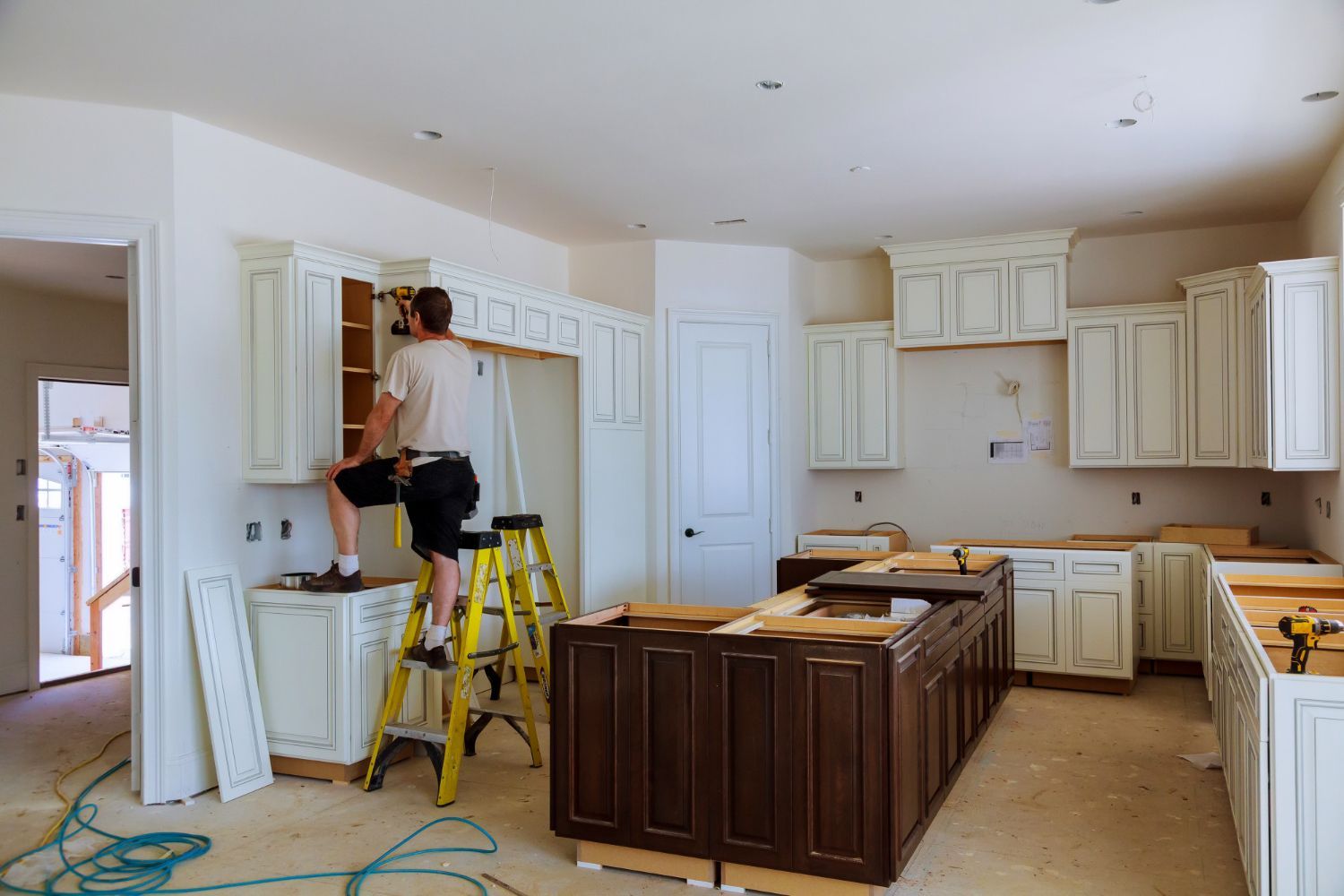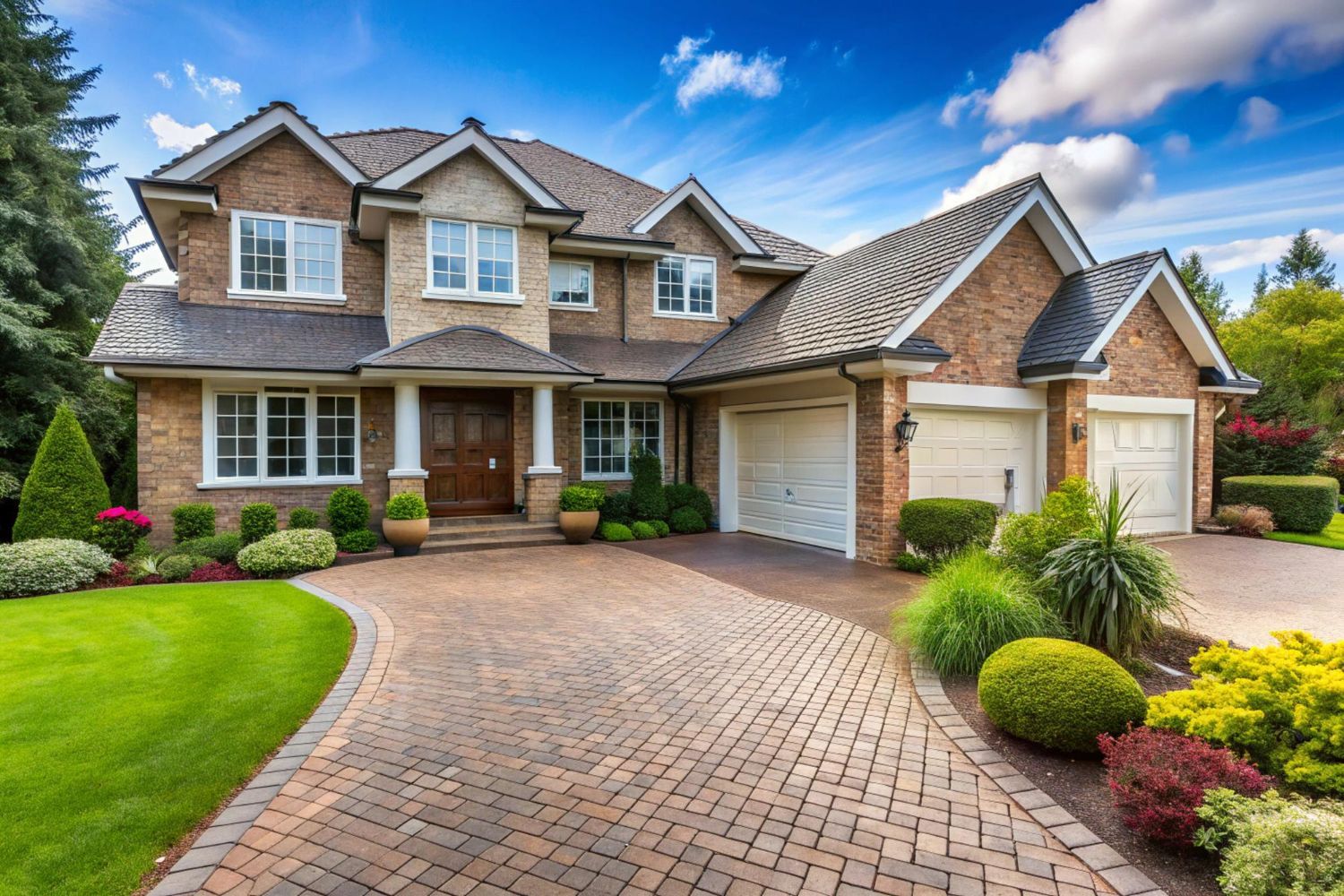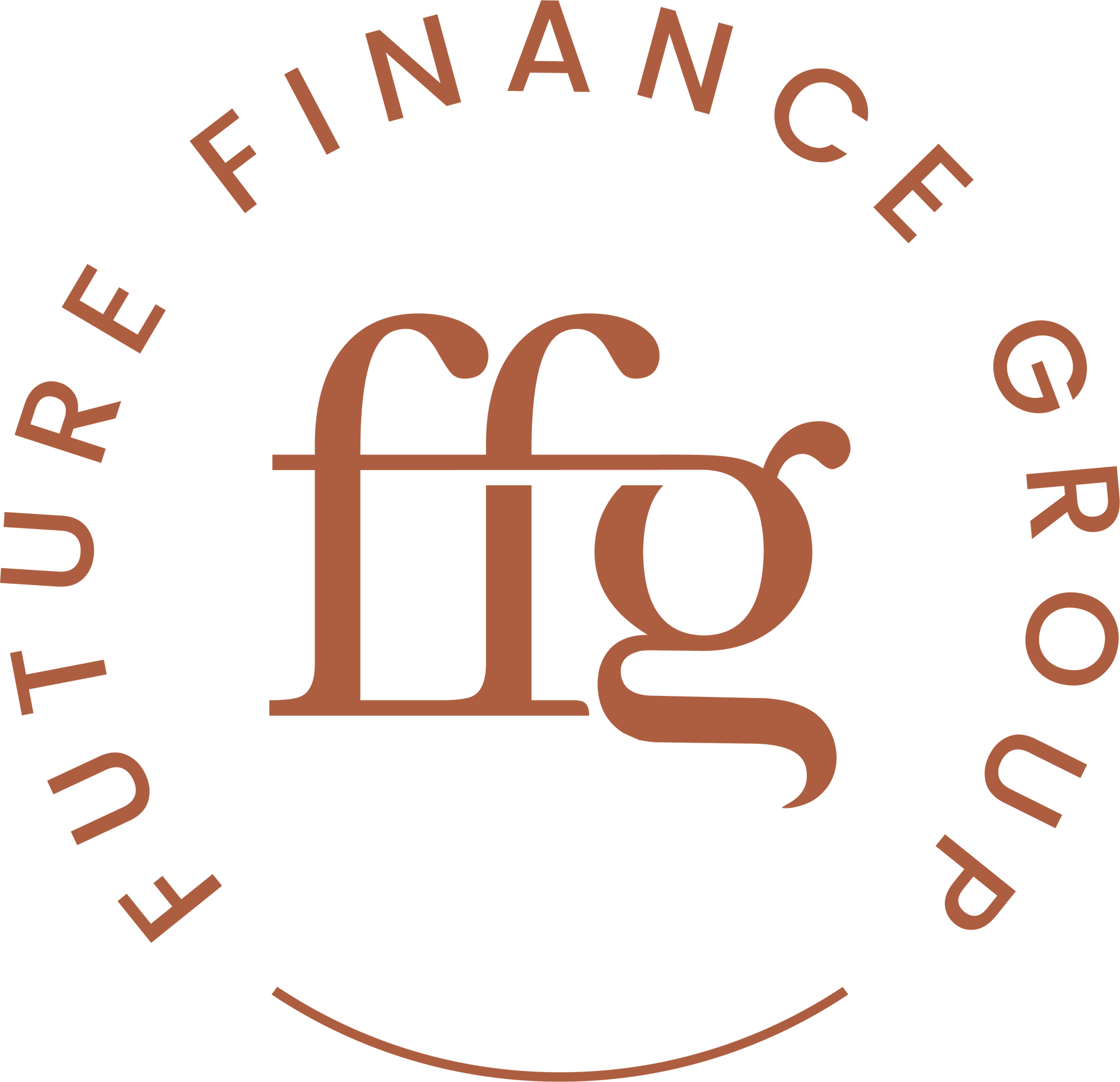FIRST-HOME BUYERS…HOW TO PASS THE GENUINE SAVINGS TEST.
Dipping a toe into the property market for the first time can be a learning curve on a number of fronts. A first-home buyer (FHB) can often find lender policies confusing when trying to understand exactly what they need to do to meet requirements.
The concept of ‘genuine savings’ is potentially puzzling, and it doesn’t help when each lender tends to have their own policy.
Now, you’re probably thinking, “But surely savings are savings?” Well…not necessarily. As part of a lender’s assessment of your suitability as a ‘good borrower’ they require evidence of your ability to plan and save for a deposit yourself.
Definition of genuine savings
This term is used by lenders to define the amount of funds a home loan applicant has ‘genuinely’ saved over time. Requirements may differ depending on the total amount you borrow. For instance, if you have:
- 20% deposit – proof of genuine savings is not required
- 15% deposit – proof of genuine savings is not required by most lenders
- 10% deposit – most lenders require proof of genuine savings
- 5% deposit – all lenders require proof of genuine savings
What are considered ‘genuine savings’?
The following are generally considered ‘genuine savings’ if they add up to more than 5% of the purchase price (10% if you are an investor):
- savings held or accumulated over 3 months
- term deposits, shares or managed funds held for 3 months
- equity in real estate (this can vary between lenders)
Some lenders require a six-month savings history. If you have been renting for more than three months, there may be some exceptions to the above.
Of course, you can pay more than the minimum deposit, and the remainder of your deposit may come from any source, as long as you have met the lender’s genuine savings criteria for 5% of the purchase price e.g. when buying a $600,000 home, you will need to show $30,000 in genuine savings.
What DOESN’T count?
The following are NOT considered ‘genuine savings’:
- cash gifts
- inheritance
- tax refunds
- bonuses
- savings plans
- selling your car or other assets
- First Home Owner Grant (FHOG)
- funds held in a business account
- borrowed funds e.g. personal loan
- lump sum deposits (funds from the sale of property is an exception)
- developer/builder rebates or incentives
The power of rental history
If you have a strong rental history, some lenders may make an exception and consider other sources e.g. a gifted deposit from parents.
However, there WILL be criteria you will have to meet, and your rental history will have to be proven.
If you’re a renter considering future property ownership, it pays to know what lenders look for as part of their ‘rent exception’ assessment.
At the time of your loan application, the home loan applicant(s) must:
- be currently renting
- have a minimum six months of satisfactory rental history and on-time payments
- be listed as tenants on the lease
- be renting via a licensed property agent or privately (NB: private rentals may be assessed on a case-by-case basis)
Don’t think renting will make the process easier. Lenders will be tougher if there are no genuine savings in a bank account. They will analyze how you manage your money through your savings and spending history. Even if they assess rent as genuine savings you will still need to prove you have the deposit (or ‘funds to complete’) at the time of your application.
The most crucial tip?
Make sure you have your loan application ready BEFORE you apply. As your finance specialist, we have extensive experience across a range of lenders and will do the legwork for you.
The earlier you contact us on your path to home ownership, the earlier we can assess your situation and provide guidance on how to get you to where you want to be.
*Disclaimer: This article is generic in nature. All investment decisions should be considered wisely and based on your personal and financial circumstances. Seek proper advice before committing to any course of investment action. This is not deemed as advice.



Our Services
Quick Links
FOR FURTHER INFORMATION PLEASE CONTACT OUR OFFICE
Call us on
(03) 8657 8664
8:30am to 5:00pm, Monday to Friday
Public Holidays: Closed
Ezmeralda Finance Pty Ltd trading as Future Finance Group (Credit Representative Number: 478781) under BLSSA Pty Ltd (Australian Credit License Number: 391237)
Corporate Credit Representative – Ezmeralda Finance Pty Ltd – (ACN 606649334) Credit Representative Number 478781
Future Finance Group is rated 5.0 stars by 239 customers and Facebook Reviews - 326 reviews | All content copyright Future Finance Group 2015 | Terms & Condition | Privacy Policy | Credit Guide | Website by Octopus Digital
